News
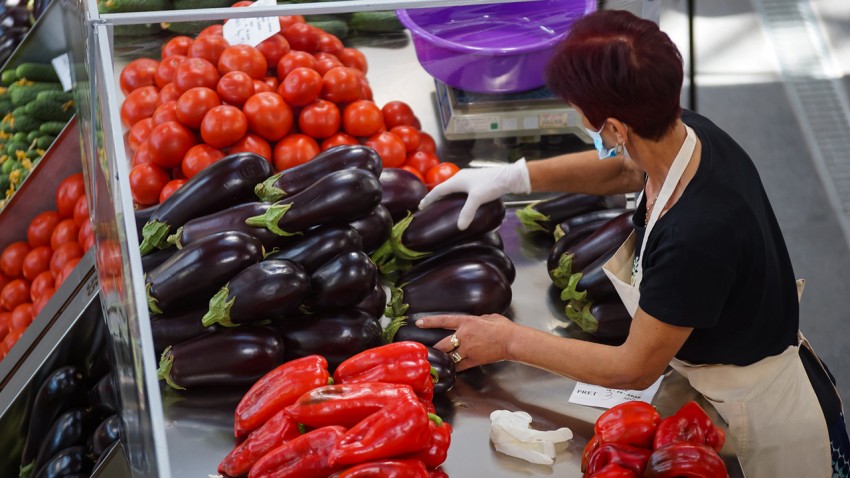
To deflect future world food crises created by climate change, a Cornell-led international group has created a road map for global agricultural and food systems innovation.
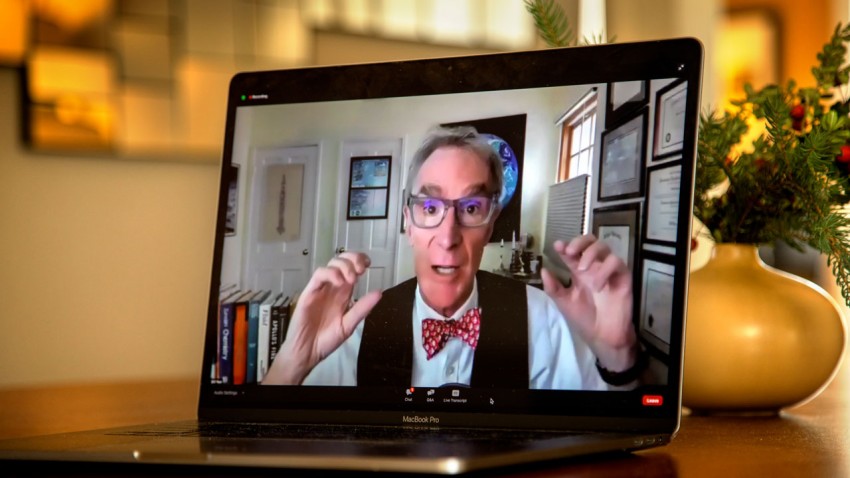
The 2020 State of New York Sustainability Conference – held online Dec. 2-4 – focused on connecting human health, social justice, feeding the world and protection of the environment.
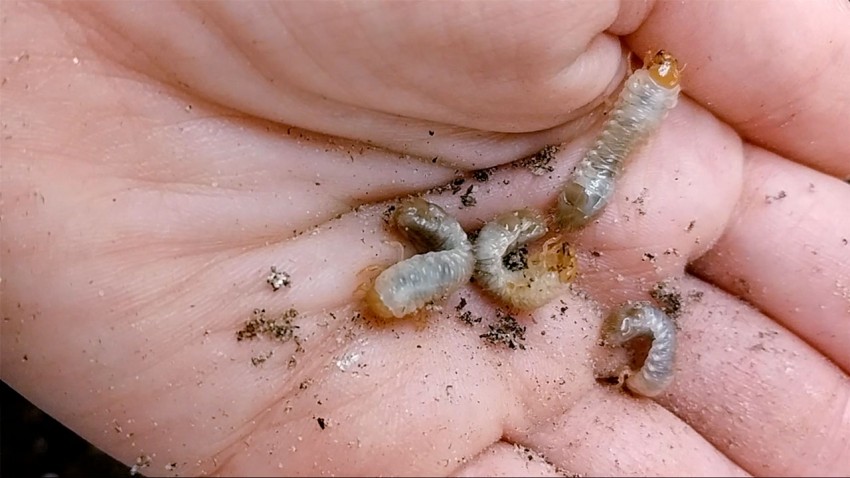
A team of Cornell scientists will use acoustic technology to develop efficient and affordable ways to manage soil-dwelling pests and their predators, thanks to a two-year grant from the USDA.
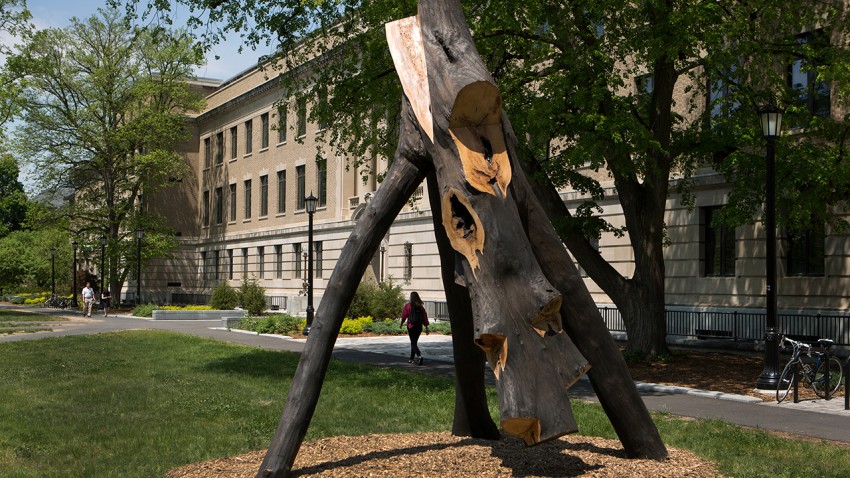
The College of Agriculture and Life Sciences welcomed 13 new faculty members this fall, advancing the college’s commitment to pursuing purpose-driven science and improving people’s lives.
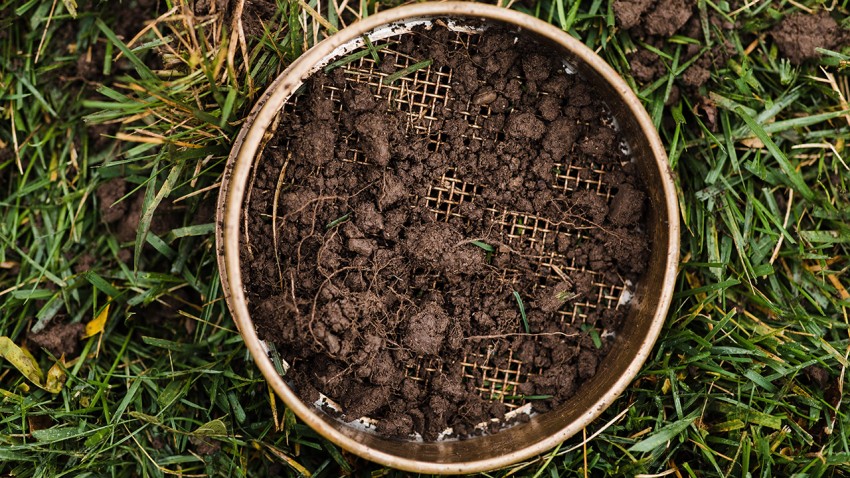
Two Cornell soil scientists have helped develop a powerful new tool that will help researchers and policymakers map the global potential for carbon sequestration.
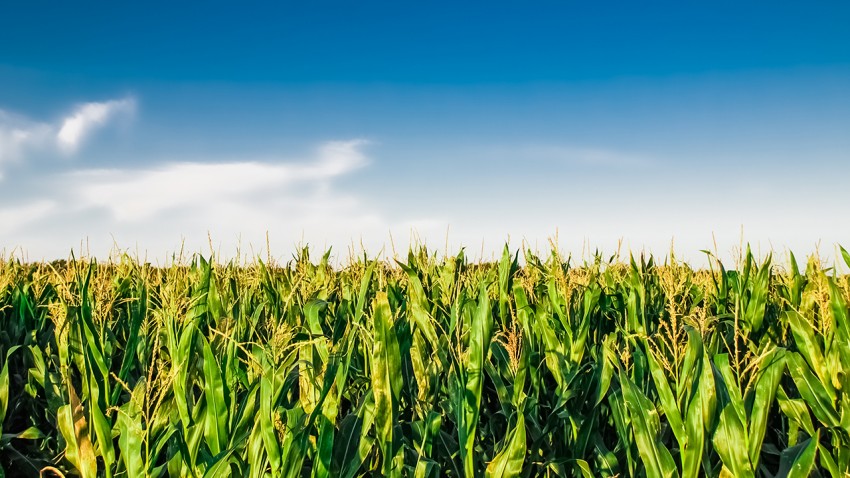
A Cornell project funded by two separate three-year grants will develop worm-like, soil-swimming robots to sense and record soil properties, water, the soil microbiome and how roots grow.
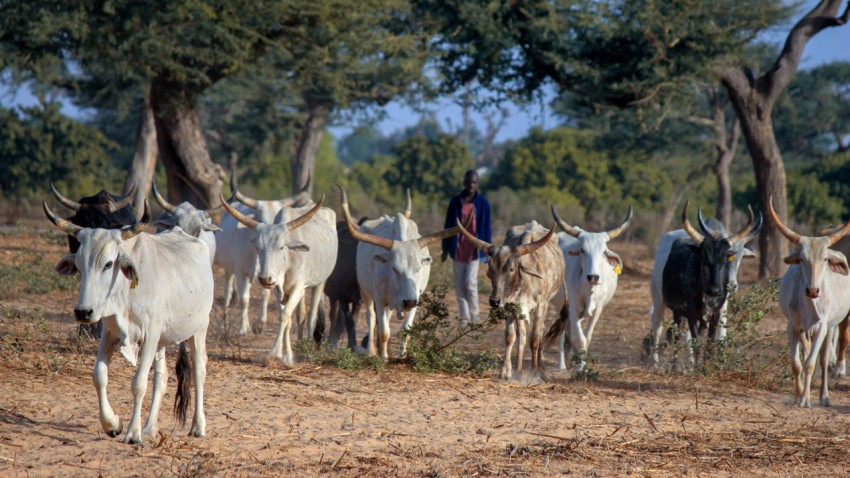
The Feed the Future Innovation Lab for Food Safety has announced $2.9 million in grants for research projects to improve food safety and prevent foodborne illness in Bangladesh, Cambodia, Kenya and Senegal.
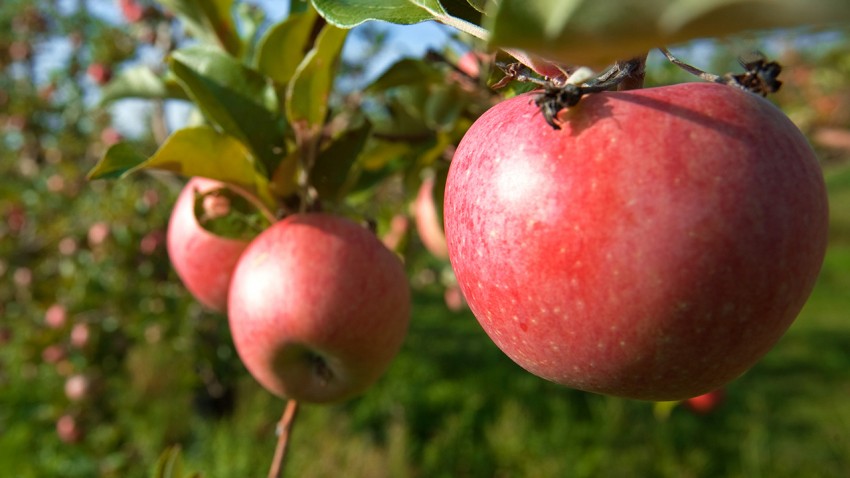
A Cornell-led, multi-institution, interdisciplinary team seeks to use computer vision, automation and robotics to optimize per-tree apple production, which is currently a highly manual and imprecise process.
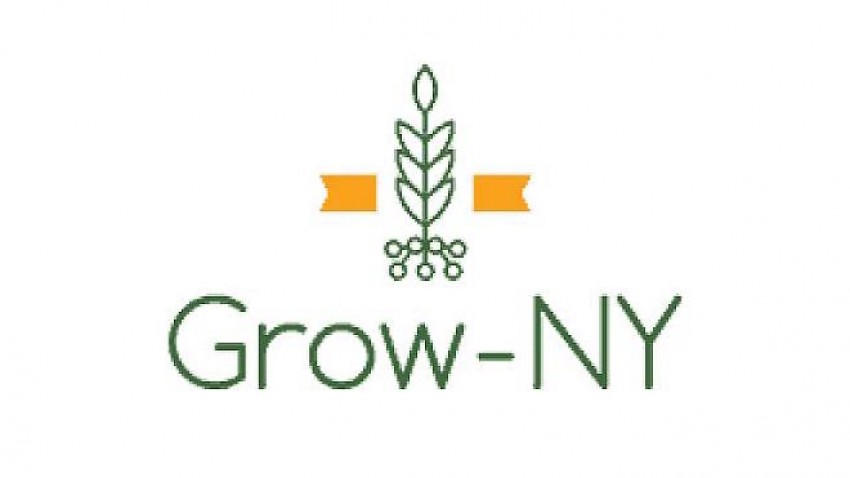
Smart drones that distribute beneficial insects on crops, packaging materials to extend the shelf life of bread – these are a couple of the innovations to be featured at the virtual Grow-NY Food and Ag Summit, Nov. 17-18.

An analysis of Denmark’s wind industry offers lessons for policymakers seeking to increase renewable electricity production with limited budgets, according to Cynthia Lin Lawell.


